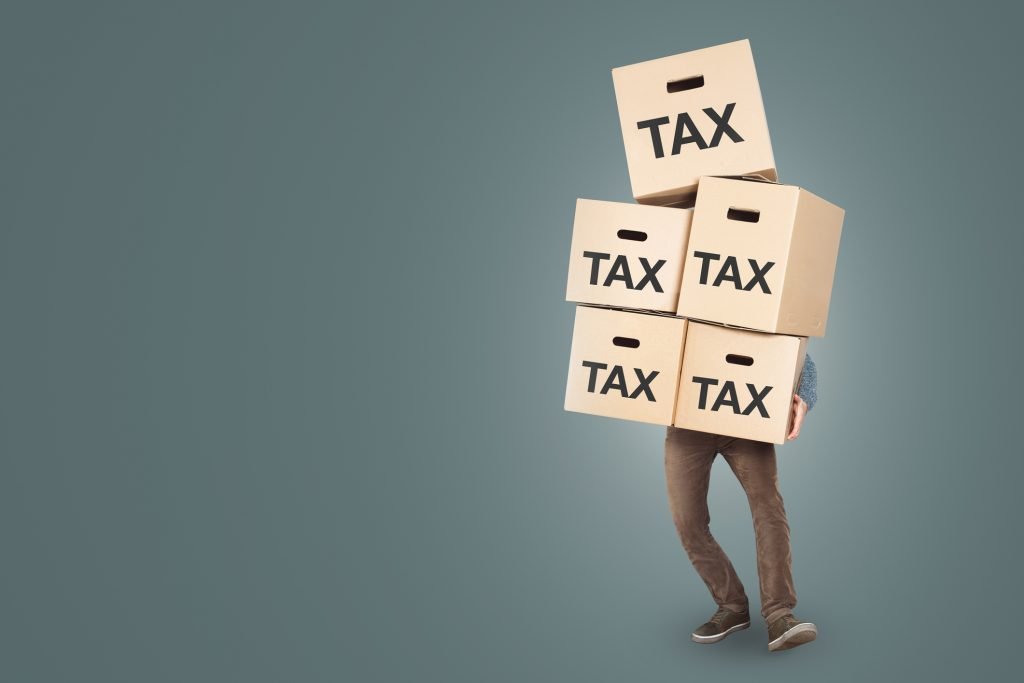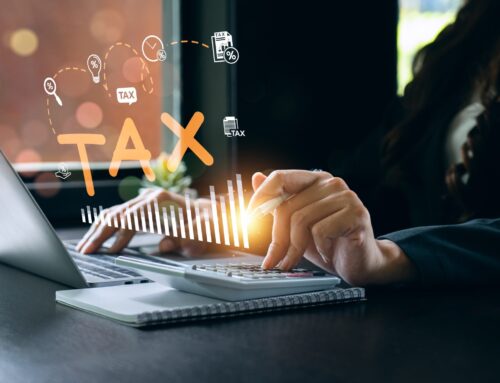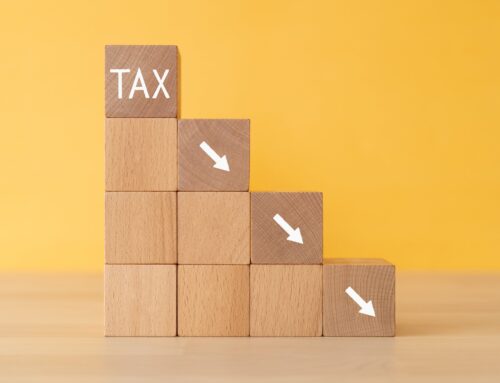
Taxes could be one of your biggest expenses in retirement. But once you have an estimate for your tax burden in retirement, you can consider ways to minimize it. The first step towards creating a tax minimization strategy in retirement is looking at how your different sources of income will be taxed.
Pensions
If you have a private pension, your pensions payments could be taxed at ordinary income rates. They could also be subject to state taxes, depending on which state you are living in. If you’ve been offered a pension buyout, consider how taking it could affect your tax burden. There are strategies to potentially avoid a tax increase in the event that you take the buyout, so speak to a professional before you make a decision.
Retirement Account Distributions
Short-term gains are taxed at ordinary income rates, and investments held for over a year (long-term capital gains) are taxed at either 0%, 15%, or 20%, depending on income level.[1] Although you’ve likely held investments in your 401(k), IRA, 403(b), 457, or Thrift Savings Plan for over a year, withdrawals are taxed as ordinary income. Keep in mind that at age 72, you will most likely be required to take minimum withdrawals from your tax-deferred retirement accounts. Amounts are set by the IRS and may force you to withdraw more than you normally would in one year, causing an increase in your tax burden.
Roth IRA
Roth IRA distributions are not taxed, unlike distributions from a traditional IRA, because a Roth is funded with after-tax dollars. Roth IRAs are also not subject to required minimum distributions (RMDs), so money can continue to grow tax-free. You have the option to convert funds from a traditional IRA, 401(k), or similar qualified retirement account into a Roth IRA, no matter your income. In this case, you would pay tax on the funds converted and then be able to withdraw them tax-free later on. Keep in mind that Roth IRA conversions are now irreversible and that money can’t be withdrawn penalty-free until five years after it’s converted, and typically not until age 59 ½.[2]
Gold
Gold has become a topic of discussion recently due to surging inflation. If you own gold or are thinking about buying it, know how it’s taxed. Gold bullion is designated as a collectible in the tax code, which means it’s not eligible for the favorable long-term capital gains tax rate and is taxed at ordinary income rates. But, some forms of bullion and coins aren’t treated as collectibles – for example, coins that are legal tender in the U.S. You can also invest in gold through ETFs and can also purchase shares of companies that mine or produce gold and other precious metals. These qualify for the long-term capital gains tax rates if held for over a year.
[2] https://www.irs.gov/retirement-plans/designated-roth-accounts-in-plan-rollovers-to-designated-roth-accounts
The commentary on this blog reflects the personal opinions, viewpoints, and analyses of BML Wealth Management’s employees providing such comments and should not be regarded as a description of advisory services provided by West Wealth Group, LLC. The views reflected in the commentary are subject to change at any time without notice. Nothing on this blog constitutes investment advice. Any mention of a particular security and related performance data is not a recommendation to buy or sell that security. Investing involves risk, including the potential loss of principal. No investment strategy can guarantee a profit or protect against loss in periods of declining values. Past performance is no guarantee of future returns.
Investment advisory services through West Wealth Group, LLC, an SEC Registered Investment Adviser. BML Wealth Management and West Wealth Group, LLC are affiliated entities. Insurance Services are offered through BML Wealth & Insurance Services, California Insurance License #0M15550.
We do not provide tax or legal advice, all individuals are encouraged to seek guidance from qualified professionals regarding their personal situation. Any references to protection benefits or steady and reliable income streams in this guide refer only to fixed insurance products. They do not refer, in any way, to securities or investment advisory products.






